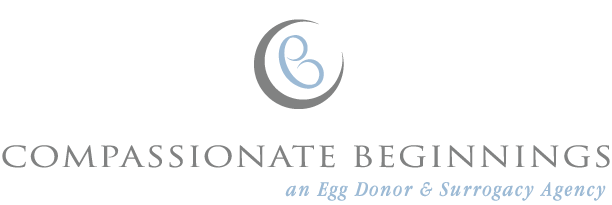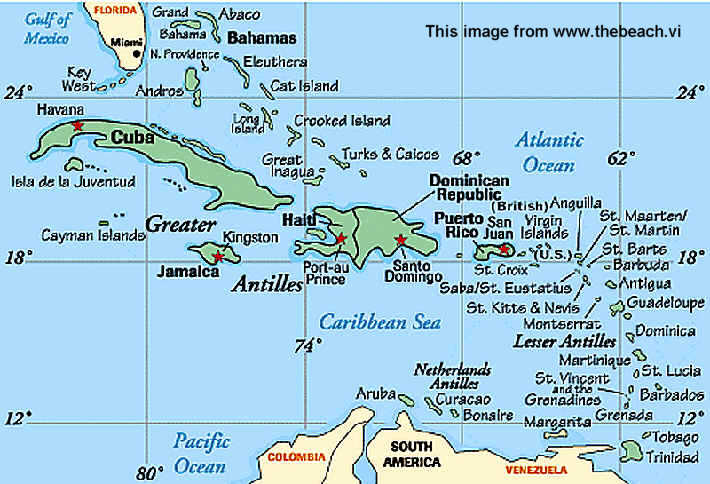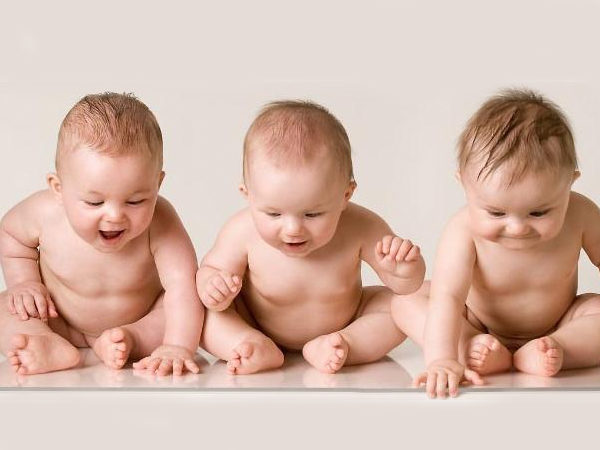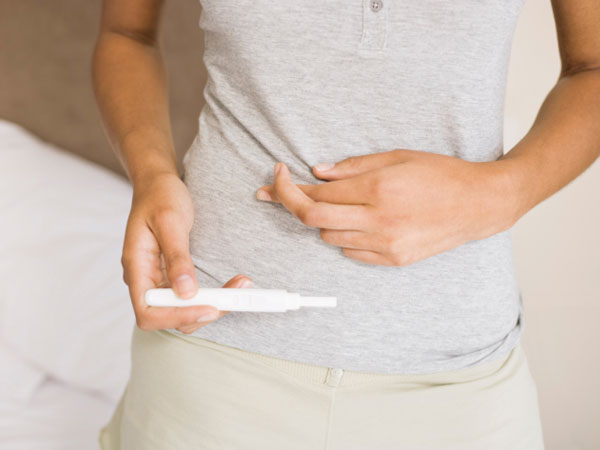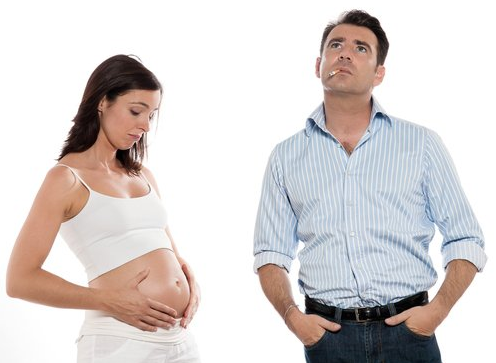Acupuncture is one of the most popular forms of alternative medicine used to improve fertility and possibly treat infertility.
What exactly is acupuncture? Acupuncture is an ancient healing practice originating in China. The theory behind acupuncture is that all disease is caused by a disruption in the body’s energy system. Energy flows through the body along certain pathways, called meridians. By stimulating certain points along those meridians with small needles, and unblocking this flow of energy, a physiological change may occur and relieve the ailment. Needle insertion points are determined based on the pulse and diagnosis.
The research on acupuncture and infertility is ongoing, and the topic is controversial. Some studies have been too small to prove a definitive connection to improved pregnancy rates, and some studies contradict each other in their results. Other studies question whether any benefits are simply a result of the placebo effect.
- With that said, here are a few of possible benefits of acupuncture, according to the preliminary research:
- Improved pregnancy rates during IVF treatment cycles, when acupuncture takes place on the day of embryo transfer
- Increased blood flow to the uterus, leading to an improved endometrial lining
- Reduced stress and anxiety levels
- Possible improvement in ovulation for women with PCOS
- Possible improvement in sperm count and quality in men with infertility
- Possible regulation of gonadotropin-releasing hormone, which in turn could help regulate ovulation
Patients often wonder when to begin the treatment of acupuncture?
Acupuncture is similar to physical therapy in that it is a process-oriented method of medical intervention. It is better to do more than less. Patients are commonly treated for three to four months before progressing to insemination, in vitro fertilization (IVF), or donor-egg transfer. This pacing of treatment seems to have a therapeutic effect.
Is there any reason not to try acupuncture?
Acupuncture is relatively harmless. There aren’t many documented side effects and it is considered safe when performed by an experienced practitioner using sterile needles. Acupuncture is very relaxing for most people and can lower stress levels. While it’s unclear if stress significantly affects fertility, acupuncture can help cope with the stress of trying to conceive, which some have compared to the stress experienced by patients with cancer or heart disease. But while there might not be any physical cons per se, acupuncture can be very expensive. Some practitioners charge upwards of $100 per session, and many recommend weekly or twice-weekly treatments, at least to start. Some insurance plans cover part of the cost or offer alternative treatment perks, but it still adds up. If you’re thinking of pursuing acupuncture as a treatment for infertility, make sure you see a traditional fertility specialist first, so that you have a comprehensive understanding of what your fertility issues are. Ask your doctor to refer you to a trained and licensed acupuncturist for a consultation.

